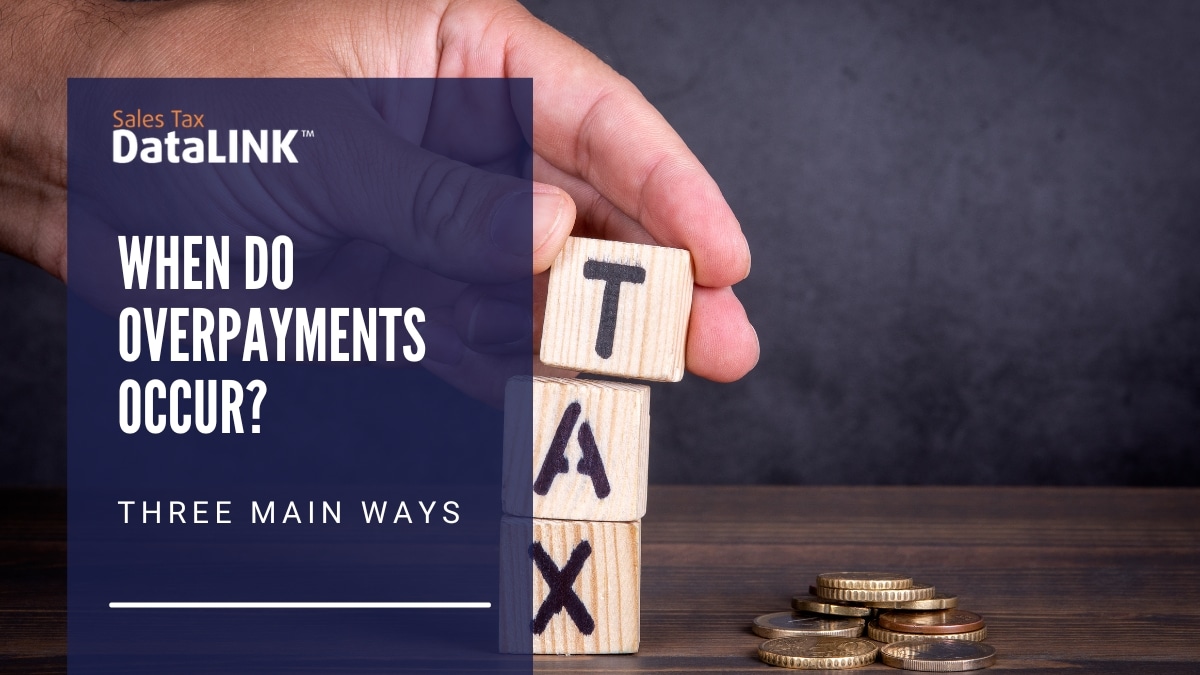Are you overpaying on sales tax? Not on purpose, of course, but many businesses do end up paying more than they’ve collected. Ensuring that you’re not overpaying on your sales tax receipts is important to your bottom line and the success of your business. Understanding when overpayments might occur is the first step to avoiding overpayments — and correcting those overpayments and claiming the credits you deserve. There are three main ways overpayments occur: incorrect sales tax rates, incorrect invoices, or returns. The most obvious way that your sales tax receipts might be over what you should have collected is through an issue with your sales tax calculations.
For instance, if you end up charging the wrong rate or using outdated sales tax rates. Even a small issue on multiple invoices can turn into big dollar amounts quickly. If your invoicing system results in charging sales tax on items where it shouldn’t be charged, like on exempt services or items excluded from sales tax, it will result in an overpayment on your sales tax receipts. This seems like a less common issue but for smaller businesses that don’t fully understand sales tax, it can be a bigger problem. Probably the number one reason for overpayments, returns are complex when it comes to your sales tax receipts, especially if you have a policy that allows returns for a long period of time.
Some policies only allow for returns within two weeks, some thirty days, and some have no time limit. Planning for returns is difficult but they are an inevitable part of doing business for many companies. These are the primary ways that you might incur overpayments. In order to ensure that you’re finding all of them you need to check regularly to ensure your processes help resolve these errors and are done on a regular basis. As part of self-auditing, checking for these errors and setting up a system for returns are both important for your business’ success.




